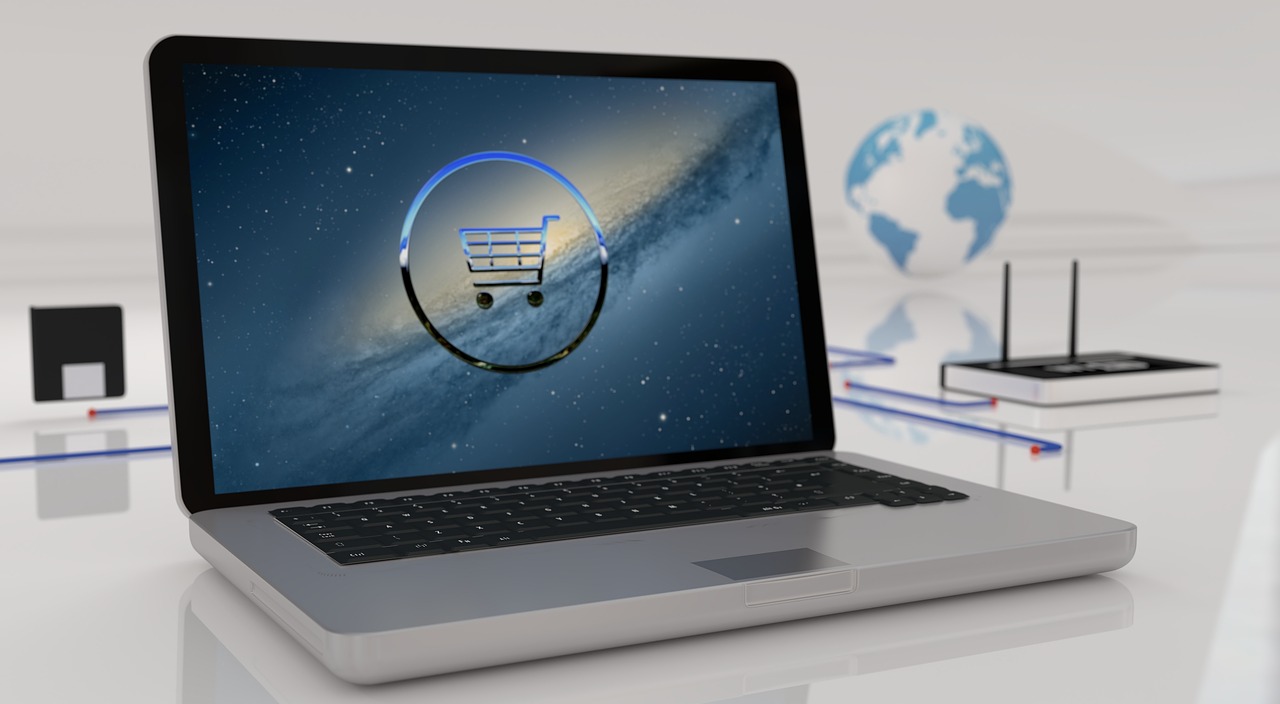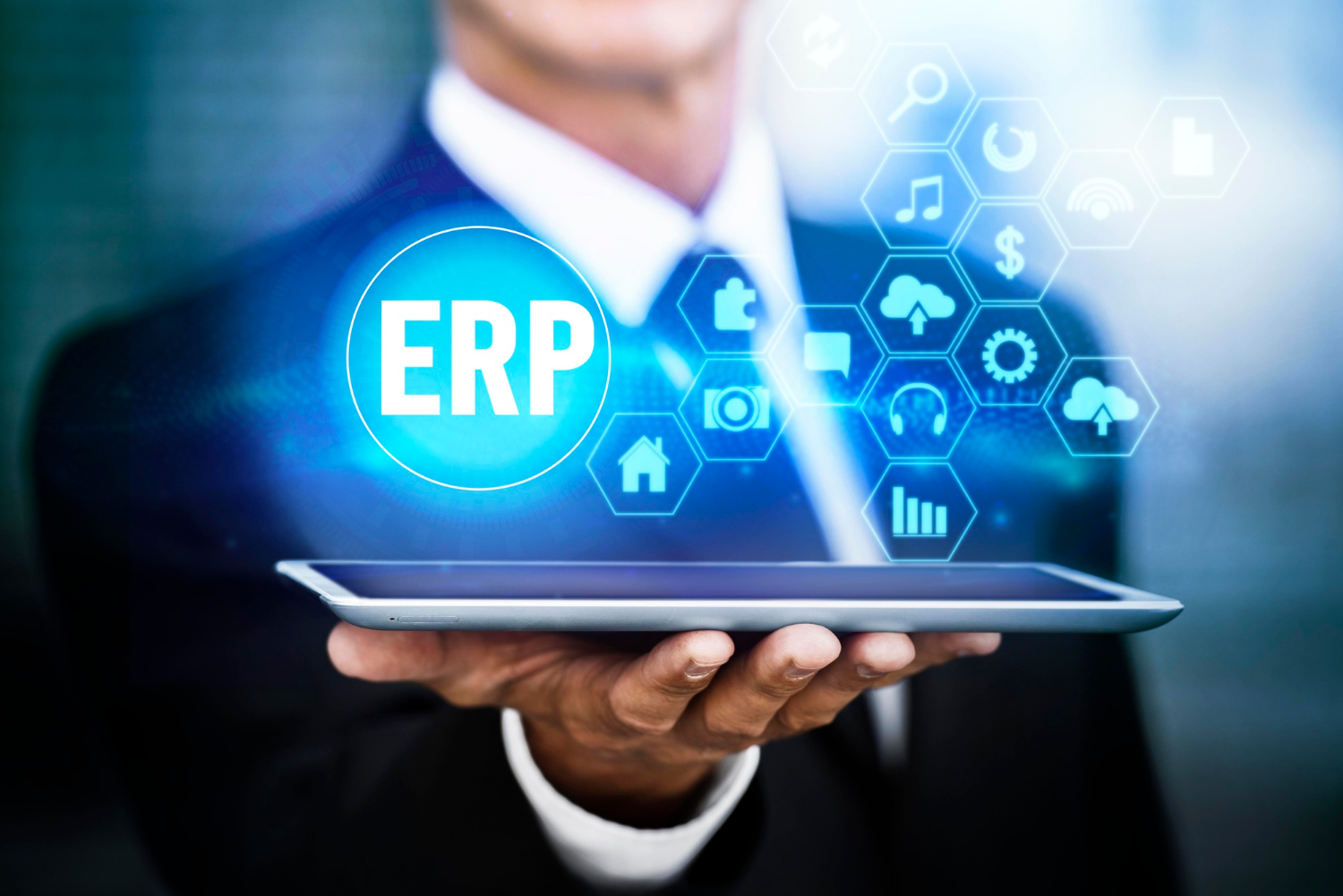Optimizing Retail Supply Chain Management with IBB-ERP’s ERP Solutions for SMEs
In an increasingly competitive and ever-evolving retail landscape, small and medium-sized businesses (SMEs) need to optimize their supply chain management to ensure operational efficiency and maintain a strong market position. Efficient supply chain management is crucial for retail businesses to deliver products to their customers on time while minimizing associated costs and maximizing profitability. IBB-ERP’s ERP solutions are designed specifically to address the distinct challenges faced by SMEs in retail supply chain management, offering an all-in-one platform that streamlines business processes and drives growth. In this article, we will discuss the benefits of implementing IBB-ERP’s ERP solutions in your retail business to enhance supply chain management capabilities, accelerate responsiveness to market changes, and improve overall customer satisfaction.
Get ready to dive deep into the potential of IBB-ERP’s ERP solutions in revolutionizing your retail business’s supply chain management. We’ll explore the key features and benefits that these solutions offer as an invaluable tool in your journey towards efficient operations, cost-effectiveness, and sustainable growth. Join us in this comprehensive guide as we unveil the effective strategies and best practices you can adopt with IBB-ERP’s ERP solutions to optimize supply chain management and unleash the true potential of your retail business in today’s rapidly changing business environment.
1. Streamlining Inventory Management for Retail Success
An essential component of effective supply chain management in retail involves maintaining optimal inventory levels to meet customer demand without incurring unnecessary costs due to overstocking or stockouts. IBB-ERP’s ERP solutions enable retail businesses to efficiently manage their inventory through features like real-time stock monitoring, automated reordering, and multi-warehouse management capabilities. These powerful features allow SMEs to achieve greater accuracy in inventory forecasting and reduce manual errors, leading to increased cost savings and efficient order fulfillment.
Invest in IBB-ERP’s ERP solutions to optimize your retail business’s inventory management, ensuring that you have the right products, in the right quantities, at the right time, to satisfy your customers and stay competitive in the market.
2. Enhancing Supplier Relationship Management
Establishing strong relationships with suppliers is crucial for retail businesses to secure favorable terms, negotiate better pricing, and ensure timely product deliveries. IBB-ERP’s ERP solutions for SMEs incorporate supplier relationship management (SRM) features that facilitate a centralized platform for managing supplier information, tracking communication history, and monitoring supplier performance. These functions enable businesses to evaluate and optimize their supplier base, leading to streamlined procurement processes, improved product quality, and reduced lead times.
Implement IBB-ERP’s ERP solutions to strengthen your relationships with suppliers and create a more efficient and reliable supply chain for your retail business.
3. Managing Order Processing and Fulfillment
Timely and accurate order processing is fundamental to delivering outstanding customer experiences and driving customer loyalty. IBB-ERP’s ERP solutions for retail businesses aid in streamlining order processing and fulfillment by automating essential tasks such as order entry, invoicing, and shipping management. This automation reduces manual data entry, minimizes the likelihood of errors, and ensures prompt order processing, ultimately leading to increased customer satisfaction and repeat business.
Adopt IBB-ERP’s ERP solutions to optimize your retail business’s order processing and fulfillment, ensuring fast and efficient delivery of products to your customers.
4. Gaining Visibility and Control with Advanced Analytics and Reporting
In an ever-changing retail landscape, visibility into supply chain operations and the ability to adapt quickly to market changes are paramount for success. IBB-ERP’s ERP solutions offer retail businesses advanced analytics and reporting capabilities to track key performance indicators (KPIs), analyze trends, and generate customizable reports for data-driven decision-making. These tools provide business owners and managers with insights into aspects such as sales performance, inventory turnover, and supplier efficiency, enabling them to identify opportunities for improvement and promptly address potential issues.
Equip your retail business with IBB-ERP’s ERP solutions and gain the visibility and control needed to make informed decisions and proactively respond to dynamic market changes.
Conclusion
IBB-ERP’s ERP solutions can greatly benefit retail SMEs by optimizing supply chain management processes, improving inventory control, building strong supplier relationships, streamlining order processing, and providing data-driven insights for informed decision-making. By leveraging these capabilities, retail businesses can operate more efficiently, stay competitive, and deliver exceptional customer experiences that foster loyalty and growth.
Invest in IBB-ERP’s ERP solutions to address the unique challenges of your retail supply chain and unlock opportunities for cost savings, operational efficiency, and enhanced customer satisfaction. Embrace the power of IBB-ERP’s tailored ERP solutions designed specifically for retail SMEs and secure your path to success in today’s fast-paced and ever-evolving retail landscape.









